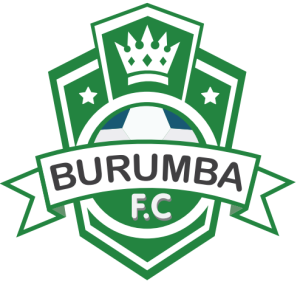- Teacher: Admin User
Elimu bora
-
Welcome to your new Gnomio site
Now, you are in control!
Moodle is an open-source Learning Management System (LMS) that provides educators with the tools and features to create and manage online courses. It allows educators to organize course materials, create quizzes and assignments, host discussion forums, and track student progress. Moodle is highly flexible and can be customized to meet the specific needs of different institutions and learning environments.
Moodle supports both synchronous and asynchronous learning environments, enabling educators to host live webinars, video conferences, and chat sessions, as well as providing a variety of tools that support self-paced learning, including videos, interactive quizzes, and discussion forums. The platform also integrates with other tools and systems, such as Google Apps and plagiarism detection software, to provide a seamless learning experience.
Moodle is widely used in educational institutions, including universities, K-12 schools, and corporate training programs. It is well-suited to online and blended learning environments and distance education programs. Additionally, Moodle's accessibility features make it a popular choice for learners with disabilities, ensuring that courses are inclusive and accessible to all learners.
The Moodle community is an active group of users, developers, and educators who contribute to the platform's development and improvement. The community provides support, resources, and documentation for users, as well as a forum for sharing ideas and best practices. Moodle releases regular updates and improvements, ensuring that the platform remains up-to-date with the latest technologies and best practices.
Links of interest:
(You can edit or remove this text)
Available courses
An Essential Skills Course typically focuses on teaching fundamental skills needed for personal, academic, or professional success. These skills are applicable in a variety of settings, including workplace environments, educational institutions, and everyday life. Here’s a summary of the key components that might be covered:
-
Communication Skills: Effective verbal and written communication techniques, active listening, presenting ideas clearly, and working with others in teams.
-
Critical Thinking & Problem Solving: Analyzing situations, thinking critically, making decisions, and solving problems efficiently using logical approaches.
-
Time Management: Prioritizing tasks, setting goals, creating schedules, and managing time effectively to increase productivity and reduce stress.
-
Digital Literacy: Understanding and using digital tools, technology, and software essential for modern communication and work.
-
Collaboration & Teamwork: Working well in groups, understanding roles, resolving conflicts, and supporting peers.
-
Adaptability & Resilience: Developing the ability to cope with change, stay motivated, and handle setbacks.
-
Leadership & Self-management: Leading by example, setting personal goals, and maintaining accountability for one’s actions.
-
Financial Literacy: Basic concepts of budgeting, saving, and managing personal finances for a stable financial future.
Overall, an Essential Skills Course helps individuals build foundational abilities to succeed in both personal and professional life, enhancing their effectiveness and adaptability in various contexts.
- Teacher: Admin User
